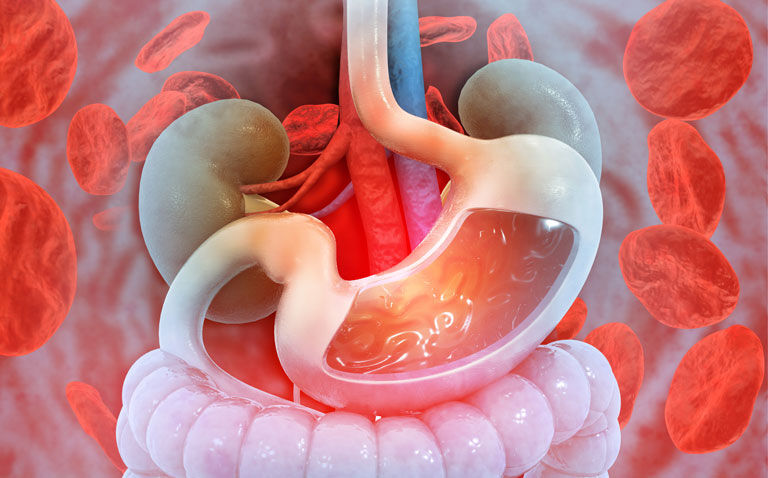A GBS score of <1 or a CANUKA score of <2 enable the identification of patients with an upper gastrointestinal bleed for safe emergency department discharge, according to a new study
Upper gastrointestinal (GI) bleeding mortality is 5-10% largely due to peptic ulcers and portal hypertensive gastropathy. A common scoring system to evaluate patients with upper GI bleeding is the Glasgow-Blatchford Score (GBS). In fact, the European Society of Gastrointestinal Endoscopy suggests that a GBS score of <1 prior to endoscopy, indicates a low risk of re-bleeding. Both GBS and a modified version appear to be moderately accurate for decision-making in those with an upper GI bleed. CANUKA has a similar performance to the GBS and more accurately identifies those with a low risk for adverse outcomes. Nevertheless, currently, there is a lack of comparative data on these three systems.
Recently, researchers sought to compare the effectiveness of each system for identifying patients at low risk of death or the need for a subsequent intervention. Using a retrospective approach, the team considered emergency department patients with an upper GI bleed. They explored the need for blood transfusion, endoscopic haemostasis or re-bleeding within seven days. The scoring system sensitivity, specificity, positive and negative predictive values were used as outcome measures. Cut-off thresholds for low risk of the GBS, the modified version (mGBS) and CANUKA were set at <1, 0 and <2 respectively.
GBS and CANUKA identification of low-risk upper GI bleeding patients
There were 386 patients with a median age of 60 years (65.3% male) with sufficient data to calculate the three scores.
Using the threshold levels for GBS, mGBS and CANUKA, 24.9%, 18.2% and 18.9% of patients respectively, were at low risk. Furthermore, with these cut-off levels, only 2.2%, 4.6% and 0% respectively, required a further intervention. Sensitivity values with these cut-offs were broadly similar (98.2% to 100% for CANUKA). The negative predictive values ranged from 97.8% (GBS) to 100% for CANUKA. In addition, no deaths occurred for patients identified as being at low risk.
These findings led the authors to conclude that a Glasgow-Blatchford score of <1 and a CANUKA score of <2 appears to be safe for identifying patients at low risk of death or the need for an intervention following an upper GI bleed.










